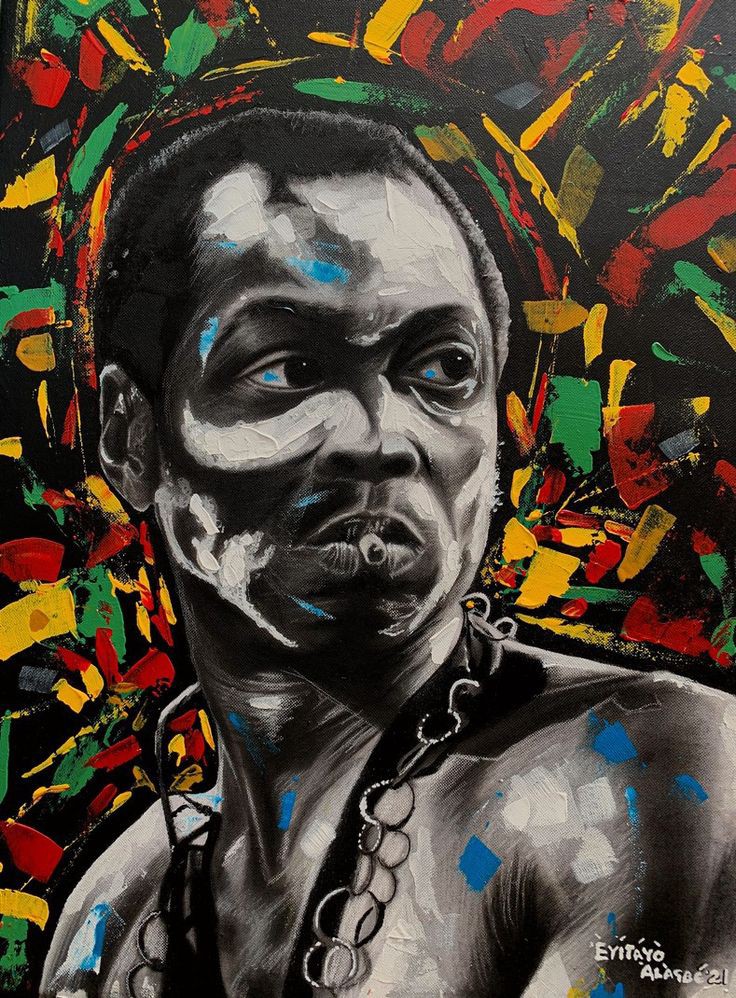AFRICAN OF THE WEEK IS Wamkele Mene; Secretary-General, African Continental Free Trade Area
Wamkele Mene
Secretary-General, African Continental Free Trade Area
Some of the feats that has been accomplished in the African Continental Free Trade Area, under the leadership of its secretary general, Wamkele Mene, are mind bugling when one looks at how some needed continental economic organs have either failed to pick up in operation or remain at infancy after several years. The story is different at AfCFTA.
In a chat with the African Leadership Magazine the astute trade professional, Wamkele Mene narrated how the trade organ has been able to scale through some continental and global hurdles to find its footing in the World trade affairs.
Within the last two years some of the unsettled things that had prevented free trade agreement between countries in Africa got a legal template for dispute resolution. As hopes brightens up for free trade on the African continent, Mene said it is time for African countries to buy and sell directly to one another at modest prices that would sustain intra- trade on the continent.
“In my first year, 2020, half of the countries, about 42, were in either full or partial lockdown due to the COVID-19 pandemic. We could not do anything. The first six months after I was elected, I was in a hotel, and we could not travel or talk to stakeholders. And yet, in a concise space of time, we have achieved what others thought was impossible. A total of 45 countries have ratified the agreement establishing the AfCFTA; we have all of the legal instruments required to make commercially make meaningful trade happen. We have a single set of rules of origin. For example, before the AfCFTA, West Africa, East Africa, and Central Africa have different rules of origin. So, if you are an automobile manufacturer and you are in Kenya. If you want to expand your investments to West Africa or Southern Africa, Local content rules are different for the vehicle, which imposes regulatory costs on you as an investor. Now, we have a simple set of rules for over 88% of products traded in Africa. Before the AfCFTA, you may as well have been trading; if you were in Uganda, you might have been trading with somebody in China. Because each region each country had a different set of rules for trade and investment. So, we have harmonized that, and also, for the first time in the continent’s history, we have agreed on rules for resolving trade and investment disputes. legally binding outcomes from the adjudication of disputes by a dispute settlement mechanism. All of these things happened in the last two and a half years”.
Mene stretched that while it remains amazing what has been achieved so far in AfCFTA, there is so much way to go to ensure an appreciable continental and global success with the African trade organ. He therefore, called on all member countries to the trade agreement to open their economies for the success of the venture. Though some heads of government have given their node for the loadable strides of the body, Mene said many big regional economies immediate participation are pivotal if the World Bank’s 2030 projected $450 billion to Africa’s GDP is to be realized.
“It is a very encouraging projection by the World Bank. They also say in that study that we have an opportunity to contribute by the year 2035 $450 billion to Africa’s GDP by boosting intra-African trade and improving intra-Africa trade by over 80%. So, we need help to do it as a secretariat. We will require the state parties to the AfCFTA agreement and the state parties to implement the deal. It’s achievable. It’s possible. In the last two and a half years, we’ve demonstrated that it’s possible. But we will have to intensify the implementation over the next 15 years. That means that the largest economies in Africa must be willing to open up their markets proportional to their size. So, Morocco, South Africa, Nigeria, and Kenya, are countries that will have to do more, and thankfully, there is a realization that the bigger the economy, the more you have to do. President Ramahosa told me his ambition is to ensure other Africans understand that the South African market is open for trade and investment through the AfCFTA.
Similarly, other heads of state say President Ruto is very supportive and says that Kenya will do what it can to ensure the agreement is implemented. But you know, smaller economies are willing to pull their weight. So it’s achievable.
The trade expert heaped praises on the heads of government saying that although there are differing opinions, every one has been highly supportive adding that the political will to ensure the success of the trade body is in unison across board.
“I have the support of all of the heads of state. That makes a big difference. Then, there is President Mahamadou Issoufou, the former President of Niger, who is the champion of the AfCFTA. We have here President Nana Akufo Addo, who is highly supportive, the outgoing chairperson of the assembly of heads of state and government. President Macky Sall is also very supportive. So, the level of support amongst heads of state is extremely high. And that makes the job easier. Of course, I have to travel extensively to meet with them and report progress to them. That’s part of the job. But really and honestly, the political will is unprecedented. And the commitment also to ensuring we reach the targets we were discussing. The commitment is unparalleled. Of course, they sometimes have differing opinions about what should be done. But I’m happy that the heads of state have resolved all of the policy disagreements that we have had, even at the level of ministers. So, it isn’t easy, of course, but the task is made easier by the strong political will that exists”.
The secretary General, Mene said the AfCFTA is out to remodel the unfavorable trade arrangement that has been existing in the continent to a pattern that actually favours the Africa and its citizens, though he admitted that it would be an easy task he however said that the first major steps have been taken.
“It is now time to move beyond words into action. We recently discussed the formation of the Organization of African Unity in May 1963 and how the founding mothers and fathers of the OAU had this grand vision of an integrated Africa. Of course, the starting point was to push back colonialists. And with South Africa defeating apartheid, that objective was achieved. But when you look at the founding documents of the OAU, what has evaded us as a continent is the integration of our economy. We have only 18% of Intra African trade, which we can point to because, in the past 60-70 years, we have been far more focused on trade between Africa and Europe. So, we must transition to action to dismantle this colonial economic model that we inherited and sustained. We can only do that by breaking and dismantling that model of the colonial economic model, and we can only dismantle it by focusing on building trade patterns amongst African countries. If you go to most countries on the continent, the most accessible connectivity is between Johannesburg and London, Luanda and Lisbon, West African countries and Paris. The connectivity among African countries could be better, and that is because of this trade pattern.
Similarly, in most African countries, you have the rail infrastructure that takes minerals from the mines to the ports to take the minerals out. And that is a result of this colonial economic model. So we have to be courageous to break that model. Without, of course, disengaging and disconnecting from the global economy because we cannot, it’s not possible. But we have to be courageous to break that model of colonial Africa. And to break it completely. And to establish trade patterns that will enhance productivity in Africa, create jobs that will spur innovation, and ensure that young people stay here instead of going to other parts of the world to look for jobs. So, we have a long way ahead of us. But we’ve got to start somewhere. We’ve got to start somewhere. So, it’s a monumental task that we’ve set ourselves. But as I say, we’ve taken the first steps.”
The onus is now with the heads of government in Africa to work assiduously with the secretariat of the AfCFTA to boost intra-trade in the continent for the benefit of the African economy and the people.


